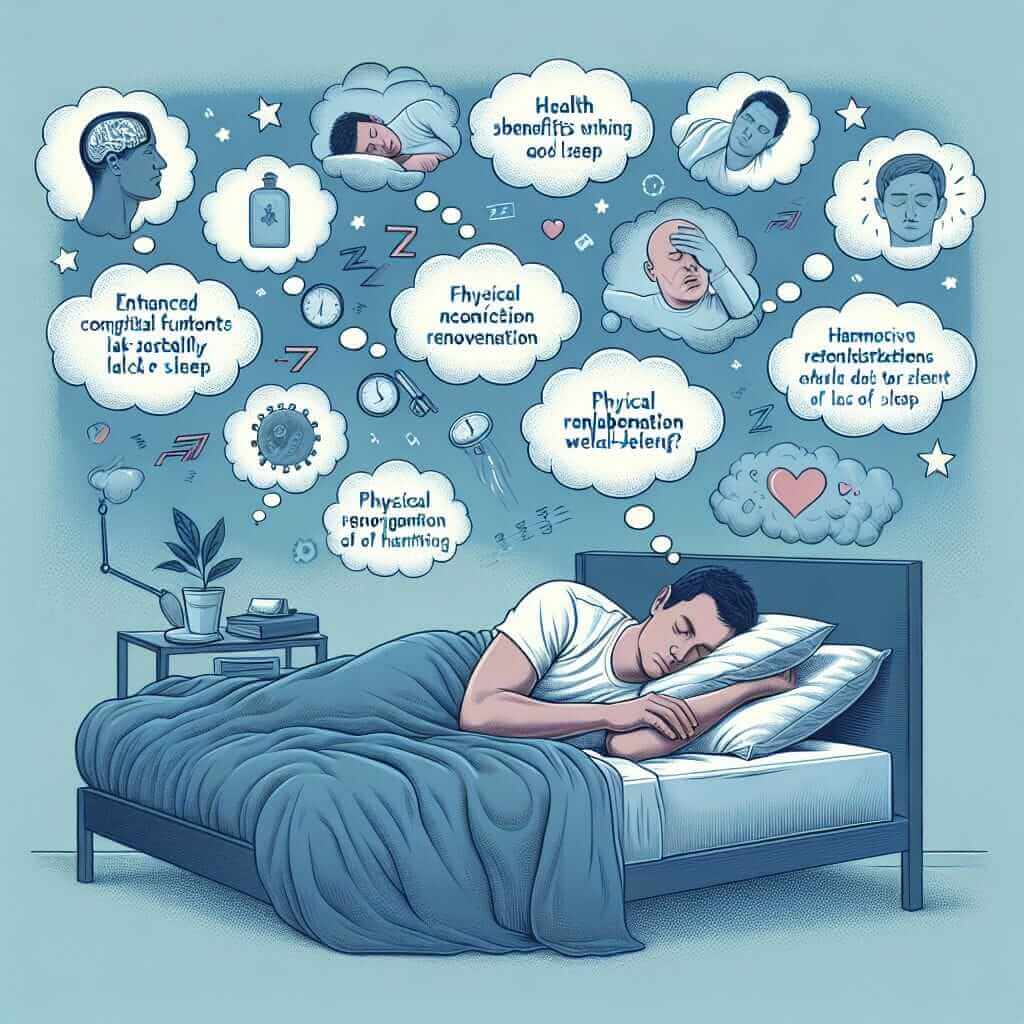As an IELTS instructor with over two decades of experience, I’ve encountered countless students grappling with the Reading section. It’s often a source of anxiety, particularly passages like “Why We Sleep.” This comprehensive guide delves into this specific text, offering insights, strategies, and answers to common queries, empowering you to confidently tackle similar passages in your IELTS exam.
Unlocking “Why We Sleep”: Understanding the Passage and its Significance
The “Why We Sleep” passage explores the crucial role sleep plays in our physical and cognitive functions. It often delves into the science behind sleep cycles, the detrimental effects of sleep deprivation, and the evolutionary advantages of sleep. Understanding the core themes and arguments presented is key to successfully navigating the accompanying questions.
Decoding the Questions: Strategies for Success
IELTS Reading questions related to “Why We Sleep” typically assess your ability to:
- Identify key information: This involves locating specific details, facts, or figures mentioned in the passage.
- Understand the writer’s opinion or claims: You may be asked to determine the author’s stance on a particular aspect of sleep.
- Infer meaning: Some questions require you to draw conclusions based on the information provided, even if it’s not explicitly stated.
- Match headings or information: You might need to link headings to specific paragraphs or match statements to their corresponding sections in the passage.
Tips for Tackling “Why We Sleep” Questions:
- Skim the passage first: Get a general understanding of the topic and structure before diving into the questions.
- Identify keywords in the questions: Circle or underline keywords to help you focus your search within the passage.
- Look for synonyms and paraphrasing: The passage may use different words to convey the same meaning as the questions.
- Pay attention to signal words: Words like “however,” “therefore,” and “in contrast” can indicate shifts in argument or emphasis.
- Don’t panic if you don’t understand every word: Focus on grasping the overall meaning and context.
Illustrative Examples: Applying the Strategies
Let’s analyze a few question types commonly associated with the “Why We Sleep” passage:
1. True/False/Not Given:
- Statement: Sleep deprivation has no significant impact on cognitive function.
- Answer: False (The passage likely highlights the negative consequences of sleep deprivation on cognition).
2. Matching Headings:
- Heading: The Evolutionary Basis of Sleep
- Paragraph: This paragraph might discuss how sleep patterns have evolved over time and the potential survival advantages they offered.
3. Short Answer Questions:
- Question: What are two primary functions of sleep mentioned in the passage?
- Answer: Look for specific details within the passage, such as memory consolidation and cellular repair.

Maximizing Your Score: Top Tips
- Practice, practice, practice: Familiarize yourself with different question types and passages related to health and science.
- Improve your reading speed: Time management is crucial in the IELTS Reading section.
- Develop your vocabulary: A strong vocabulary base will aid comprehension.
- Don’t spend too long on a single question: Move on and return if time permits.
Conclusion
Mastering the IELTS Reading section, particularly passages like “Why We Sleep,” requires a combination of strategy, comprehension skills, and focused practice. By understanding the passage’s themes, employing effective reading techniques, and familiarizing yourself with question formats, you can confidently approach this section and achieve your desired IELTS score.